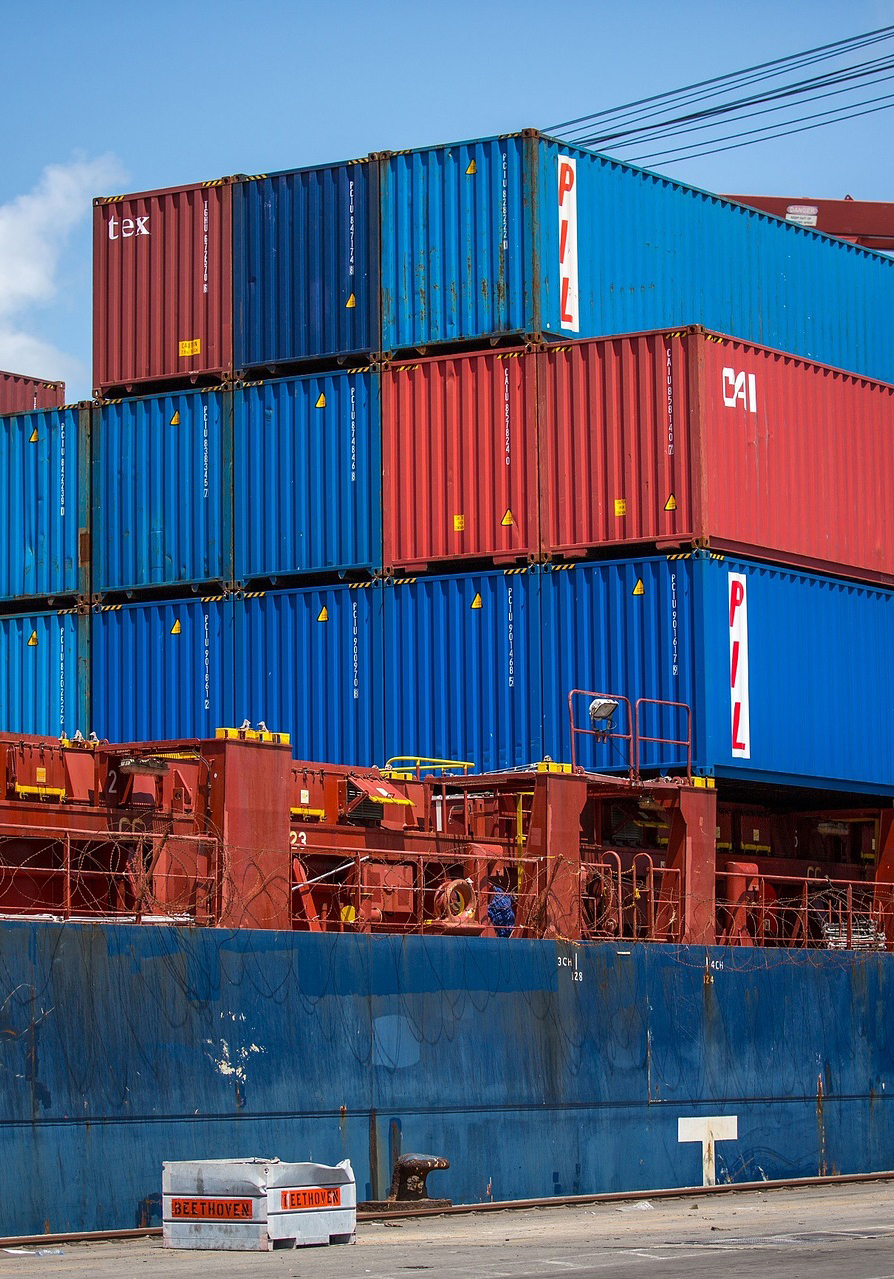The Framework Convention on Tobacco Control (FCTC) is the world’s first public health treaty and was adopted by the WHO in 2003 at the 56th World Health Assembly. Article 6 of the FCTC focuses on the use of tobacco taxation and pricing as an important measure for reducing the demand for tobacco.
Every year, on the 31st of May, the World Health Organisation (WHO) and partners mark World No Tobacco Day. This day is set apart to highlight the health risks associated with tobacco use and to advocate for effective policies to reduce tobacco consumption. According to WHO “Tobacco kills nearly six million people each year, of which more than 600,000 are non-smokers dying from breathing second-hand smoke”. This is not just a global problem but also a problem for Sri Lanka. Due to poor management of taxation not only have cigarettes become more affordable, but the tax share of the under-priced cigarettes has also declined. Two things have resulted from that: first, consumption of cigarettes have begun to increase (it went up by almost 10% in 2015). Second, potential tax revenues are being lost to government and transferred as income to the producer. This is both a health issue and an issue of public finance for Sri Lanka. Therefore, the Sri Lankan parliament has a responsibility to oversee the taxation measures and address the bureaucratic discretion that is eroding the benefits of public health and public finance.
Sri Lanka’s exports as a share of GDP has declined from 33% in 2000 to 13% in 2015. One of the solutions has been to diversify Sri Lanka’s markets. This is because over 50% of Sri Lanka’s exports go to the EU and the United States; and India and China absorb only 7% and 2.9% respectively. A previous Verité Insight titled “Solving dilemma of export diversification” pointed out that the bottleneck might not be in a narrow set of markets, but in a narrow set of products. Over 50% of Sri Lanka’s exports are Apparel and Tea, and the markets Sri Lanka accesses are appropriate to these products. Therefore, solving the export problem requires giving attention to diversifying products as well, not just the markets. The present analysis looks at the success of product diversification with regard to exports to India – signaling both a diversification from traditional markets and traditional products. This success in diversification, however, conceals some vulnerability. A majority of the products Sri Lanka is exporting to India are overly dependent on preferential trade terms with India – so they succeed only in India. This makes them vulnerable on two counts: the reversal of preferences, or the…
Elected officials and selected bureaucrats are given a huge amount of power to act on behalf of the public – modern democracies function on this basis: that citizens hand over their power to elected representatives. But how can citizens then protect themselves against those individuals misusing that power? This is the perennial problem of governance. The simple answer that is given to this question of governance, is “elections” – that elections ensure the displacement of politicians who violate the public trust, and thus create political incentives for better behaviour. This Insight provides an example, which explains why the answer cannot be that simple – the behaviour of officials during elections can both abuse public trust, as well as benefit these officials politically. As such, other governance solutions are needed.
Sri Lanka is negotiating an Economic and Technological Cooperation Agreement (ECTA) with India. It envisages liberalising trade in services. The lack of information on what is being negotiated has fueled speculation on the outcomes. A previous Verité Insight titled “Trade in Services: Sri Lanka needs to pull up its socks” pointed out, with reference to current Trade Agreements (TAs) of Sri Lanka, that the devil is really in the details – not the concept itself. This Insight attempts to unearth the devil in the details (pitfalls and opportunities) by a quantitative and case analysis of India’s trade agreement with Japan. Explaining at the outset some of the trade related terminology will help to unpack the implications.
Two previous Verité Insights titled “Sri Lanka missing world’s biggest trade party and its in her backyard” & “Trade Agreements that don’t deliver the goods” published in May and June 2013 pointed out that Sri Lanka is well behind her Asian neigbours in entering into trade agreements, and that those entered into were also deficient. This Insight shows that this is even more so the case with agreements that go beyond trade in goods to cover trade in services. This observation does not give a green light to ETCA (Economic and Technical Cooperation Agreement with India). but it does provide some context. Even though ETCA type agreements is ‘new territory’ for Sri Lanka, many of its neighbors in Asia have been quite vigorous in entering into such goods and services agreements in the last decade. The current debate on ECTA is around whether Sri Lanka should go ahead with the agreement or not. However, the important question to ask is what costs and benefits could accrue to Sri Lanka, and how that can be managed by the scope and structure of the agreement. Whether a trade agreement is beneficial or not depends greatly on those details. The experience with existing…
The Sri Lanka Strategic Assessment analyses six spheres of contestation within Sri Lanka’s current political context, and assesses their impact in terms of securing peace and accelerating inclusive growth in the future. These spheres of contestation have been identified and classified along two axes: horizontal contestation and vertical contestation. The former deals with contestation within and between communities, while the latter deals with contestation between the Sri Lankan state and citizens.
Tea sector wage negotiations have been in deadlock now for 10 months. There are political reasons for this situation, but also an overarching economic one: global tea prices have declined – as it periodically happens – and the industry is not geared to compete. Tea is an industry in which Sri Lanka has established a global reputation – Ceylon tea, as it is known worldwide, is considered to be amongst the best black tea in the world. This is mostly a result of Sri Lanka’s climatic and geographic conditions, which yield a quality of tea that is exceptional. Post-independence, Sri Lanka started off with an industry that was inherited. The tea plantations came not only with factories and machinery, but even workers who had been transplanted from India by the British, who served in poor and difficult conditions in the tea estates. The industry in Sri Lanka has relied mostly on its inherited position and first mover advantage in the world. Today it is in a crisis of its own brewing – the advantage of having poorly paid workers is diminishing, and the industry has not succeeded in adding to its productive value to face global competition. Currently, the average…
මෙෙ අධයයනය සිදු කරන ලද්මද් මවරිමේ පර්මේෂණ (Verité Research) ආයතනමේ ආර්ික පර්මේෂණ කණඩායෙ විසිනි. සුභාෂිණි අමේසිිංහ (ආර්ික පර්මේෂණ ප්රධානි), නිලිංගිකා ප්රනාන්දදු, මර්වතී ඥාණසම්බන්දදන්ද සහ සීzනා හුමසේන්දමෙන්ද සැදුම්ලත් ලත් සාොජිකයින්ද පිරිසක් මෙෙ කණ්ඩායෙට ඇතුළත් විය. මෙෙ වාර්තාව සකසේ කිරීමම්දී පර්මේෂණ කටයුතු සඳහා සහාය ලබාමදමින්ද සෙසේත පර්මේෂණ සහ කර්තෘ අධීක්ෂණ කටයුතු සිදු කරන ලැබුමේ නිශාන්ද ද මෙල් විසිනි. ජාතික අපනයනකරුවන්දමේ ෙණ්ඩලමේ (NCE) සහාය ඇතිව මවරිමේ අයතනය ෙඟින්ද මෙෙ පර්මේෂණ වාර්තාව සකසේ කරනු ලැබිණ. සාර්ථක ෙඟ මපන්දීම් තුළින්දද සම්ුඛ පරීක්ෂණ සඳහා පහසුකම් සපයමින්දද සාකච්ඡා අිංෙ සඳහා සහභාගී මවමින්දද මෙෙ පර්මේෂණ කාර්යය ඉටු කර ෙැනීමෙහිලා දැක්ූ සහමයෝෙය සම්බන්දධමයන්ද ජාතික අපනයනකරුවන්දමේ ෙණ්ඩලය මවත මවරිමේ පර්මේෂණ ආයතනමේ ආර්ික පර්මේෂණ කණ්ඩායෙ සිය සේූතිය පුදකර සිටි.
Most people in a country don’t understand the intricacies of exchange rate management. Nevertheless, actions in this regard have significant implications for the economic stability, growth and overall success of the economy, on which human development is fostered. This Insight explains how a professional approach to the management of the exchange rate seems to have been trumped by political considerations for much of 2015. The losses suffered by a lack of professionalism are not too different to the losses suffered due to corruption, and the lack of professionalism and corruption tend to be parasitic on each other. Therefore, this Insight also points to an important focus that has not yet been adopted by the agenda for good-governance.







